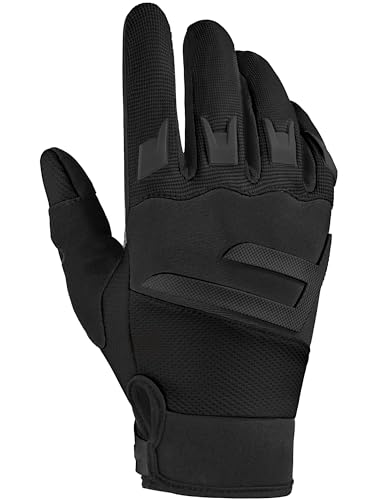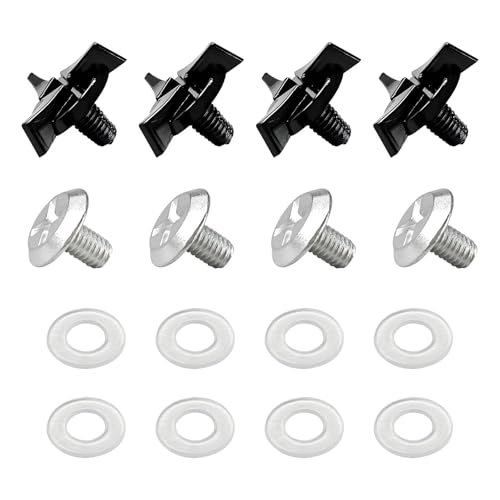Rix
New member
Hello everyone.
Im from the Netherlands, and i bought a wrecked FJR 1300 5WJ (2002) for my buggy project.
Ive used this engine because of the reliability. A Hayabusa engine is way to expensive because im still a student.
My question is, if there are any perfomance upgrades. Before turbo'ing it.
there a zero upgrade parts avalible on internet.
And ive never seen a turbo'ed FJR.
i think its a great engine for turboing, because of the stroke and volume.
Im from the Netherlands, and i bought a wrecked FJR 1300 5WJ (2002) for my buggy project.
Ive used this engine because of the reliability. A Hayabusa engine is way to expensive because im still a student.
My question is, if there are any perfomance upgrades. Before turbo'ing it.
there a zero upgrade parts avalible on internet.
And ive never seen a turbo'ed FJR.
i think its a great engine for turboing, because of the stroke and volume.






























































